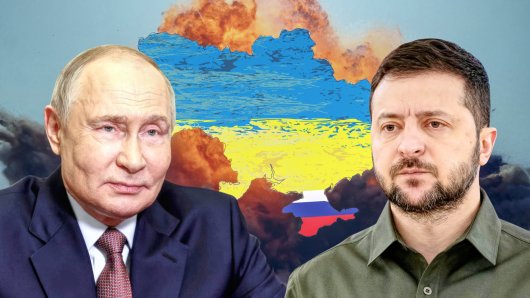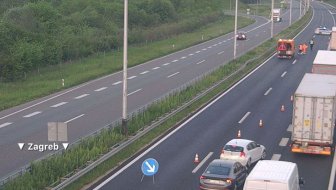The Croatian State Prosecutor's Office (DORH) has dismissed as unfounded the claims that it did not cooperate with prosecutors in Germany and that it protected former Yugoslav intelligence agent Josip Perkovic, stressing that it cooperated with the German side fully and transparently and that it decided not to initiate proceedings against Perkovic in 1997, when the statue of limitations regarding this case had not expired yet.
Prompted by many queries, DORH released a statement on its website on Monday, saying two criminal complaints were dismissed in the case, in 1997 and 1999.
A request for international legal aid came from Germany in 2005, based on which DORH submitted the requested documentation and on this occasion too it was decided that there were no grounds to overturn the two previous decisions.
DORH said the statute of limitations in this case expired on 29 July 1998 and not 29 July 2008, as written by some media.
The first criminal complaint was filed in 1997 by the Security and Intelligence Service (SIS) and it was dismissed after an investigation failed to confirm suspicions that Perkovic and others had committed the crimes they were charged with.
The second criminal complaint was filed in 1999 by Nikola Stedul, alleging that Perkovic was responsible for organising five murders, including the murder of Stjepan Djurekovic and the attempted murder of Stedul.
The charges were investigated again and records were requested from the commission for war and post-war victims, but no new facts or evidence were found, prompting the deputy county prosecutor in charge to uphold the 1997 decision.
Following the 2005 German request for international legal aid, additional information was collected in the Perkovic case. In 2006, representatives of the Counter-Intelligence Agency (POA), the Police Directorate and DORH briefed the German police and prosecution about the case and turned over the requested documents. They also requested copies of the German case file to collect additional information which would help the German prosecution and once again consider the decisions made in this case in Croatia.
After examining the files, it was assessed that there were no grounds to make a decision different than the one made in 1997, which was confirmed by subsequent information relating to the proceedings in German courts. This information was not known when the decision was made in Croatia.
DORH cooperated with the German side fully and transparently, as evidenced by a memo which the general state attorney at the German Supreme Court sent DORH on 15 November 2006, thanking it for the "good cooperation" without restrictions.
DORH said that based on the above, it could only reiterate that the relevant prosecutor's office decided on whether to initiate proceedings against Perkovic in 1997, dismissing the criminal complaint at a time when the state of limitations for the crime in question had not yet expired.
The question of what was done in the Perkovic case was recently raised in public by a bill of amendments to the law on judicial cooperation in criminal matters with European Union countries which proposes that the European arrest warrant be applied to crimes committed after 7 August 2002.
The media have said the European arrest warrant for Perkovic is already in Croatia and that his extradition to Germany will be requested after July 1, when Croatia joins the EU. The German judiciary suspects him of organising the murder of Croatian political emigrant Stjepan Djurekovic near Munich in 1983.
Prime Minister Zoran Milanovic asked two days ago what DORH had done between 2005 and 2008 in the Perkovic case.



































